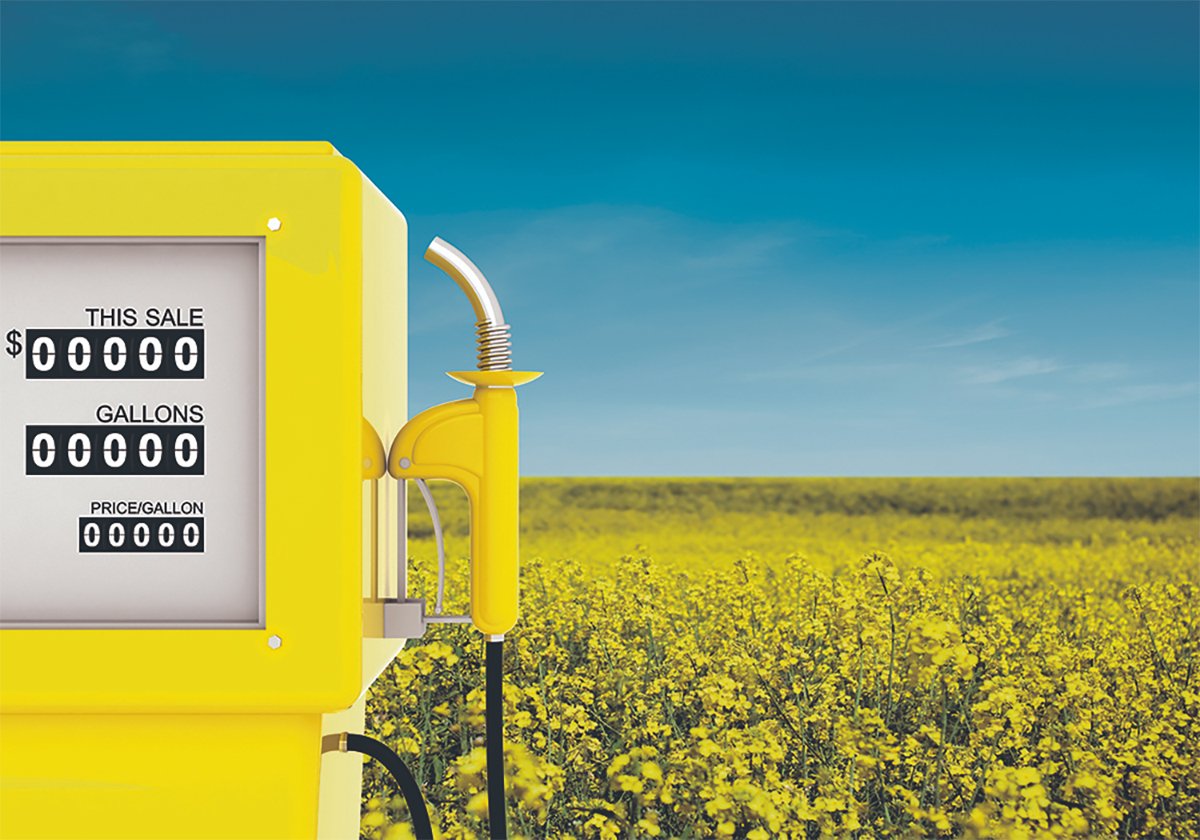SASKATOON — Canada’s biodiesel and renewable diesel producers are pleased with what they saw in the federal government’s Budget 2025.
Ottawa followed through on its September promise to create a $372 million Biofuels Production Incentive (BPI), which will run from January 2026 through December 2027.
The government also said it would be updating the Clean Fuel Regulations (CFR) to reduce the reliance on imported fuels and strengthen domestic supply chains.
Read Also

VIDEO: Claas Axion 9.450 tractor wins ‘Tractor of the Year’ at Agritechnica 2025
On opening day of Agritechnica 2025, Claas’ Axion 9.450 Terra Trac tractor was awarded ‘Tractor of the Year’ for 2026 in the HighPower category.
Fred Ghatala, president of the Advanced Biofuels Canada Association, said the industry appreciates the support, especially in an environment where Ottawa is focusing on fiscal responsibility.
Why it Matters: Canada’s biofuel producers need an incentive to offset the U.S. 45Z production credit
Biofuel producers are eagerly awaiting details of the BPI and the CFR amendments.
Ghatala said the BPI will be a per litre incentive that will not completely offset the $0.24 per litre credit that U.S. producers receive for soybean-based biofuels.
The CFR amendments is the more important of the two measures. It will put in place some sort of domestic demand requirement for Canadian biofuels, like there is in British Columbia and Ontario.
“The Biofuel Production Incentive helps us survive. The CFR amendments help us thrive and expand,” he said.
“The time-limited BPI is a lifeline for continued operation until the structural changes through the CFR amendments can be completed.”
Ghatala is expecting a discussion document from Environment and Climate Change Canada in the coming weeks that outlines options for the CFR amendments and solicits feedback from the industry.
It could be anything from requiring specific volumes for domestic content to providing credits for domestic production or domestic feedstocks.
He expects the amendments to be in place by the time the BPI runs out in December 2027.
The industry would like to have a clear indication of what the amendments will be by June 30, 2027, so producers have time to prepare.
Ghatala said the onus is now on Alberta and Saskatchewan to update their renewable fuel regulations.
Alberta is the province with the most biomass-based diesel production, and Saskatchewan has the most canola crush capacity.
Both provinces have a two percent renewable requirement for diesel, which is inadequate, he said.
Ghatala would like both provinces to follow Quebec’s lead by establishing 10 per cent mandates by 2030. Canada already has the installed capacity to meet a 10 per cent national mandate.
The Prairie provinces could also choose to follow B.C.’s lead by creating a low carbon fuel standard. B.C.’s diesel supply was 31 per cent renewable in 2024, and that proportion will be heading higher in 2025.
















